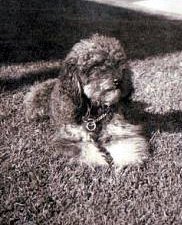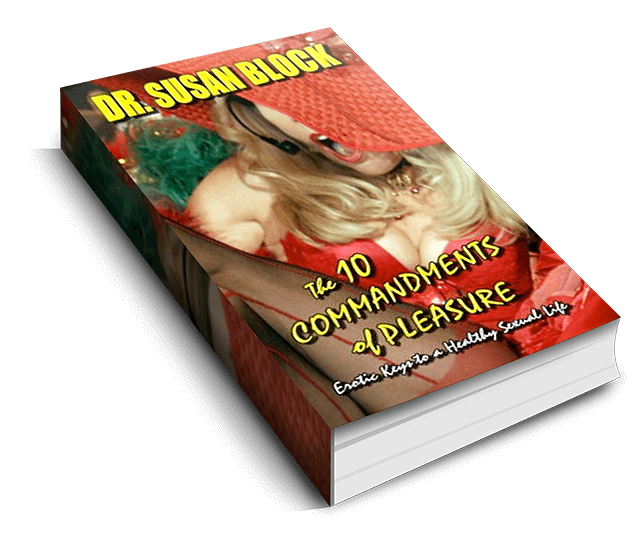Drug-Sniffing Dogs

Residential Searches and Drug-Sniffing Dogs Within the Curtilage
Florida v. Jardines (Mar. 26, 2013) __ U.S.__ [2013 U.S. LEXIS 2542]
Rule: Use of a drug-sniffing dog within the curtilage of a residence is a search and illegal absent a search warrant.
Facts: Detective William Pedraja of the Miami-Dade Police Department received an uncorroborated tip that defendant was growing marijuana in his home. A month later, Detective Pedraja went to defendant’s house with a drug-sniffing dog, “Franky.” Franky was trained to sniff out a number of illegal substances including marijuana. Leading the dog up to defendant’s front door, the dog alerted on an odor, going into a frenzy, “exploring the area for the strongest point source of that odor.” The dog centered on the base of the front door and sat, indicating “a positive alert for drugs.” Based upon this, Detective Pedraja obtained a search warrant for defendant’s residence. Marijuana plants were recovered as a result of the execution of the warrant. Defendant was subsequently arrested and charged in state court with trafficking in cannabis. He filed a motion to suppress the marijuana, arguing that the warrantless use of a drug-sniffing dog at his front porch was an illegal search in violation of the Fourth Amendment. The trial court agreed and suppressed the evidence. On the People’s appeal, an appellate court disagreed, reversing the trial court. However, the Florida Supreme Court reversed again, reinstating the trial court’s suppression of the evidence. (See Florida v. Jardines(2011) 73 So.3rd 34.) The State petitioned to the United States Supreme Court which granted certiorari.
Held: The United States Supreme Court, in a split 5-to-4 decision, affirmed the Florida Supreme Court’s decision finding that the use of a drug-sniffing dog within the curtilage of one’s home is a search and, without a search warrant, a Fourth Amendment violation. The Fourth Amendment protects people from warrantless governmental searches of their “persons, houses, papers, and effects.” The area immediately surrounding one’s home, often referred to as “the curtilage,” has been held to enjoy the same protection as the home itself. Thus, entering and occupying the curtilage while “engag(ing) in conduct not explicitly or impliedly permitted by the homeowner” without prior judicial authorization (e.g., a search warrant), is a Fourth Amendment violation. Defendant’s front porch, as “the classic exemplar of an area adjacent to the home and ‘to which the activity of home life extends,’” is certainly part of the curtilage. The Court recognized that the front porch of defendant’s home is an area where the officers could have lawfully entered for the purpose of knocking on his front door, just as could “solicitors, hawkers and peddlers of all kinds.” But that is not what the officers did here. Rather, they came into the curtilage of defendant’s home for the specific purpose of allowing a drug-sniffing dog to seek evidence of contraband. There is no customary or implicit invitation by a homeowner to do this. Further, the Court rejected the People’s argument that an officer’s subjective intent is irrelevant (i.e., Whren v. United States (1996) 517 U.S. 806; the “pretext stop” case), and that it therefore does not matter whether the officers intended merely knock on the front door, as the Court held would be lawful, or use a drug-sniffing dog to seek out evidence of illegal contraband. The rule of Whren assumes that there is some legal basis for the officers’ actions. Here, there was no legal basis for bringing a drug-sniffing dog onto defendant’s porch to do a warrantless search. The theory of Whren, therefore, does not apply. The Court further rejected the argument that the dog was doing no more than sniffing the air in the public domain, and thus did not violate defendant’s right to privacy. Having held that defendant’s front porch. being within the curtilage of his home and thus entitled to the same protections as the home itself, other cases that allow dogs to sniff odors in non-protected places does not apply. Therefore, having conducted a warrantless search by the use of a drug-sniffing dog within the curtilage of defendant’s home, the product of which was used to obtain a search warrant, the resulting evidence recovered in the execution of that search warrant was properly suppressed by the trial court.
Note: This is a case which I thought could go either way, but was not surprised at the result. To my knowledge, this is the first case to talk about a law enforcement officer’s approach to a suspect’s front door being limited to what would be allowed under a socially acceptable “implicit license.” Although there is a strong dissent, the majority decision is well-reasoned, makes sense, and is consistent with the current trend emphasizing the importance of one’s privacy rights in his or her home.
This piece was from an email from Chris Loomis Consultants but might be of interest to some of our readers. The picture of the dog is Robair my dear deceased friend. Max
Explore DrSusanBlock.com
Need to talk? Sext? Webcam? Do it here. Have you watched the show? No? Feel the sex. Don’t miss the Forbidden Photographs—Hot Stuff, look at them closely here. Join our private social media Society. Join us live in studio 😊. Go shopping. Gift shop or The Market Place. DrSusanBlock.tv, real sex TV at your toe tips. Sex Clips Anyone? FASHION, we have fashion! We also have politics. Politics? Have you Read the book? No? How about the Speakeasy Journal? Click here. Ok, how about some free sex advice?































 Get The Bonobo Way
Get The Bonobo Way You Must Read
You Must Read  And Also,
And Also,